Seized Engine: What does it mean, and what's the cause?

A seized engine is one of the most serious, if not the most serious, and costly malfunctions that may affect your car's engine.
There are two main causes of a seized engine: a lack of engine oil, which causes insufficient lubrication of moving parts, or an insufficient amount of coolant, which causes the engine to overheat.
Inhaltsverzeichnis
Seized engine due to lack of oil
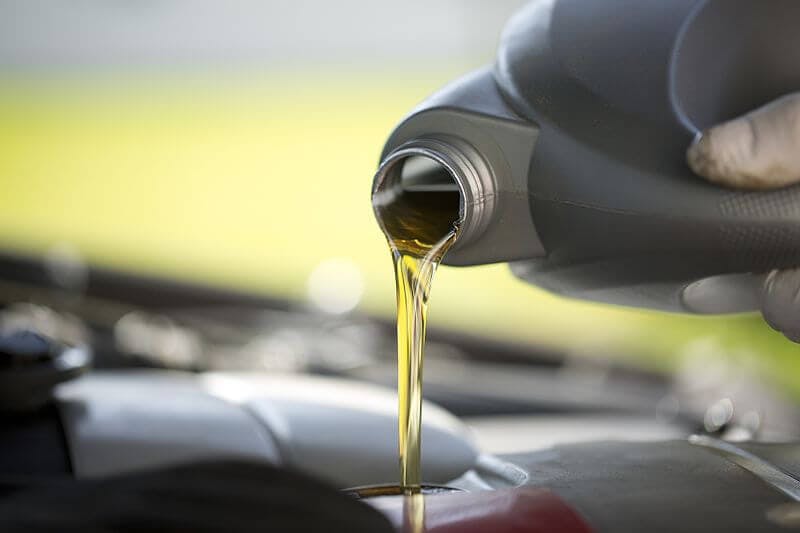
The engine will eventually seize if it runs out of oil or has very little. Thus, the engine will not be sufficiently lubricated, nor will it be cooled. Fatal damage to the entire unit is thus extremely likely.
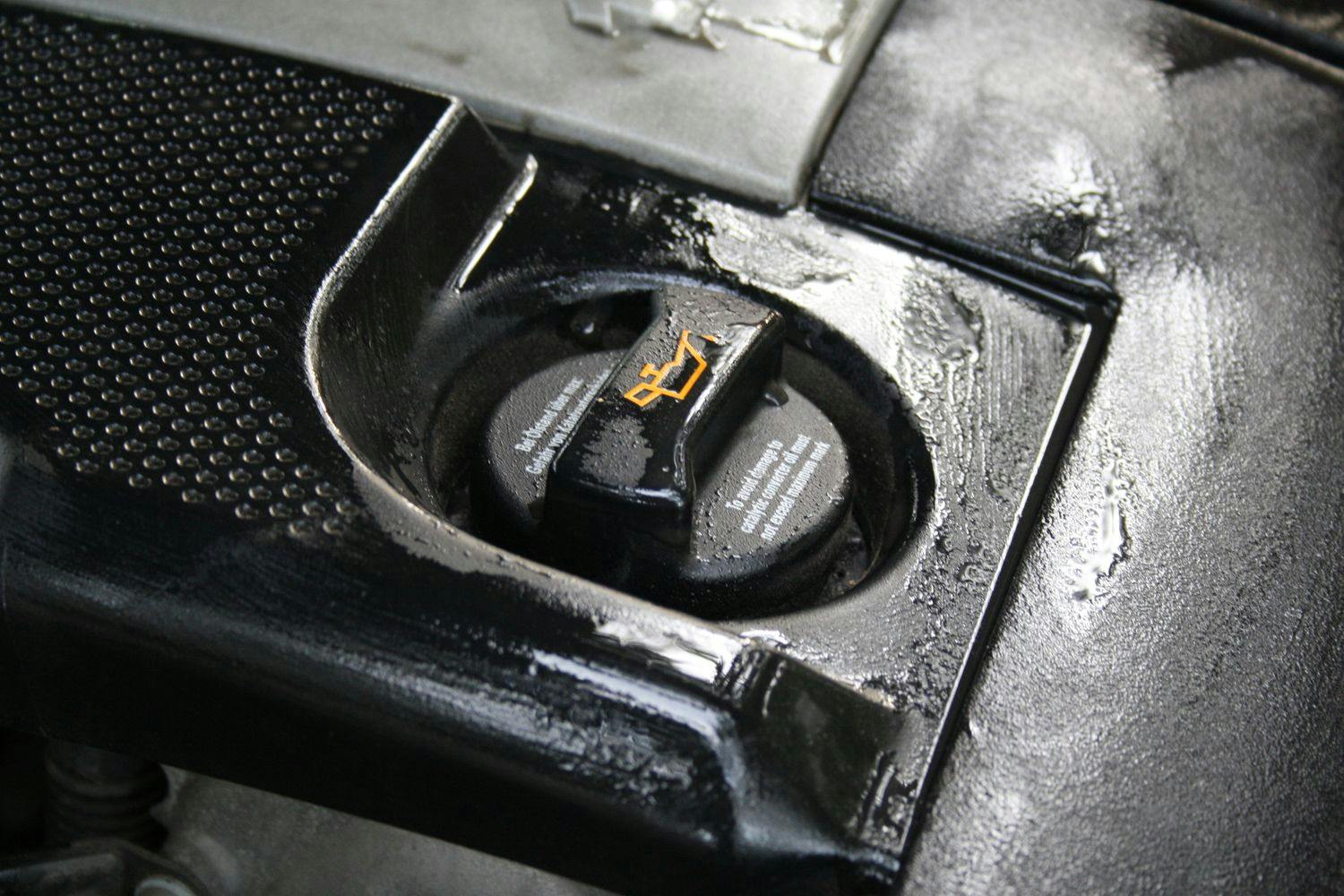
Engine Oil Classification Explained
Usually, however, the engine does not run out of all the engine oil, but there is very little of it. This still means that it can no longer lubricate the individual components of the engine and transfer heat from them. If you don't stop the car immediately and turn off the engine, it will seize due to insufficient lubrication and heat removal from the engine components.
Damage caused by lack of oil
If the engine seizes due to a lack of engine oil, the biggest damage will be caused by connecting rods, crankshaft, piston rings, cylinders, and pistons themselves.
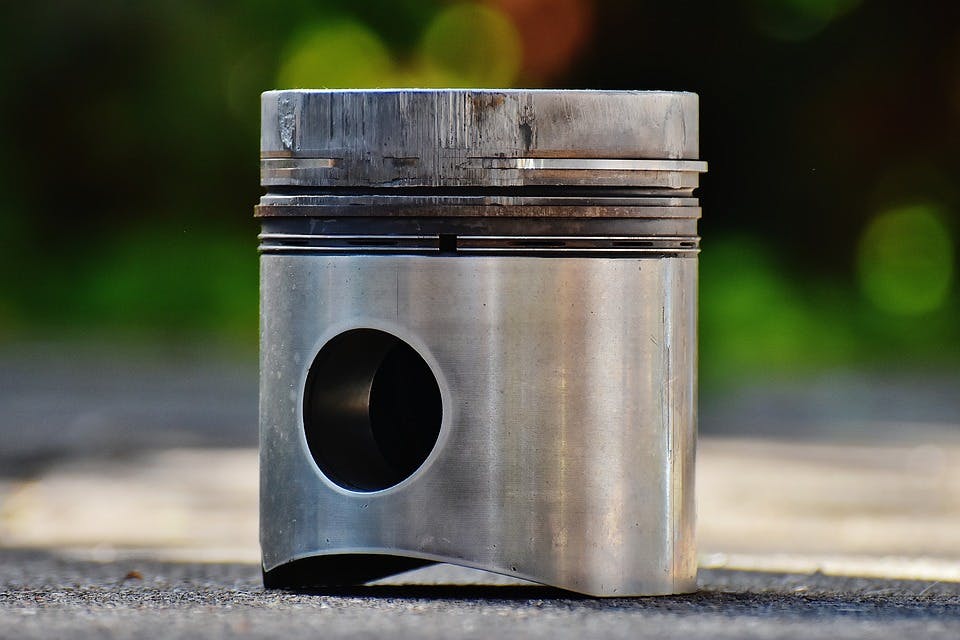
The crankshaft, connecting rods, and bearings are most often damaged. The crankshaft uses bearings for storage in the engine block but also for connection to the connecting rods, which must be constantly lubricated and cooled with engine oil.
The moment the oil film is lost, a high thermal stress is placed on the bearing, which causes a significant increase in friction, ultimately causing the bearing to seize.
Repair of damaged components
If only the crankshaft's main bearings seize, the engine will only stop. In such a case, the engine can be run by replacing the crankshaft bearings or, in the worst case, by replacing the entire crankshaft.
However, if the connecting rod bearings seize, a much worse situation will occur than just stopping the engine because the connecting rod bearing tends to crack. In this case, the connecting rod will be disconnected from the crankshaft, which can break through the engine block and fly out of it, especially at higher engine speeds. No one will repair the hole in the engine block, so you have no choice but to replace the entire engine.
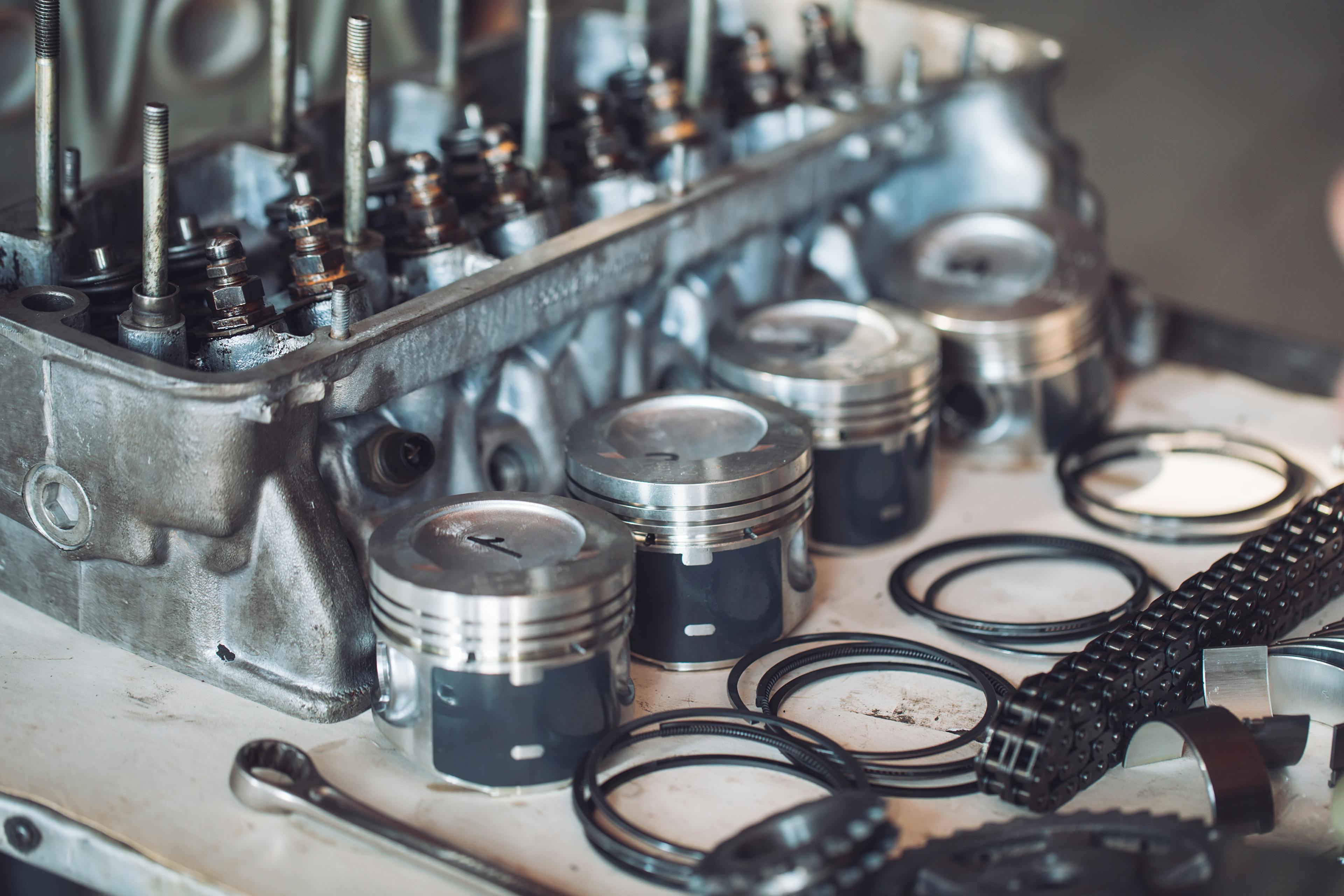
Engine Pistons: How do they work?
In another case, the piston in the cylinder may also seize (get stuck). If this happens, a similar situation occurs as in the case of connecting rod bearings seizing. The result is the destruction of the engine, the replacement or possible repair of which will be costly.
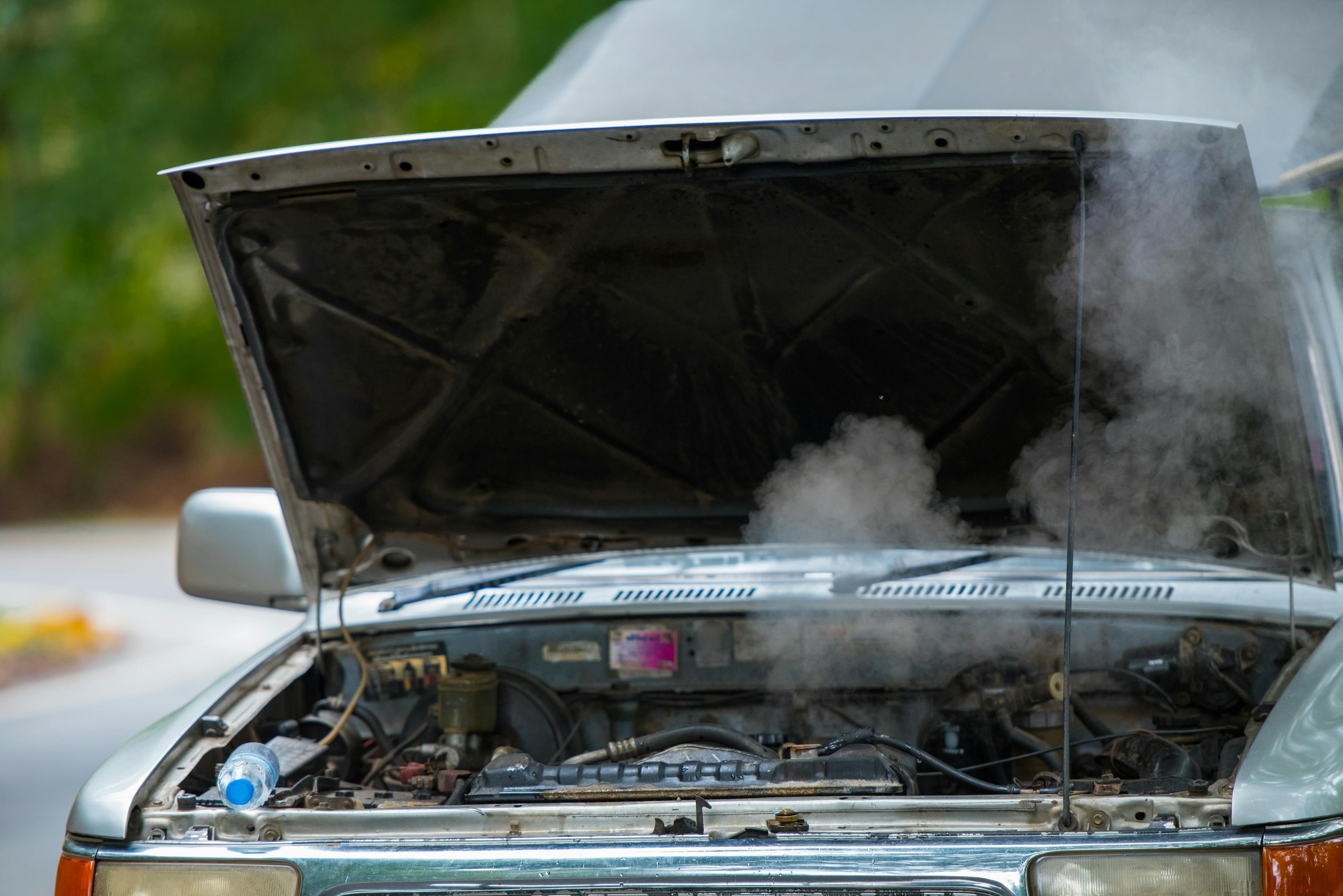
In most cases, however, replacing the entire engine rather than an engine overhaul is cheaper. If it is not an expensive car, you can take it straight to the scrapyard because the repair would be higher than the price of the whole car.
How does a lack of engine oil manifest itself?
The lack of engine oil does not appear immediately, and the symptoms come gradually. The first symptom of a lack of engine oil is increased engine noise and a rattling metal sound.
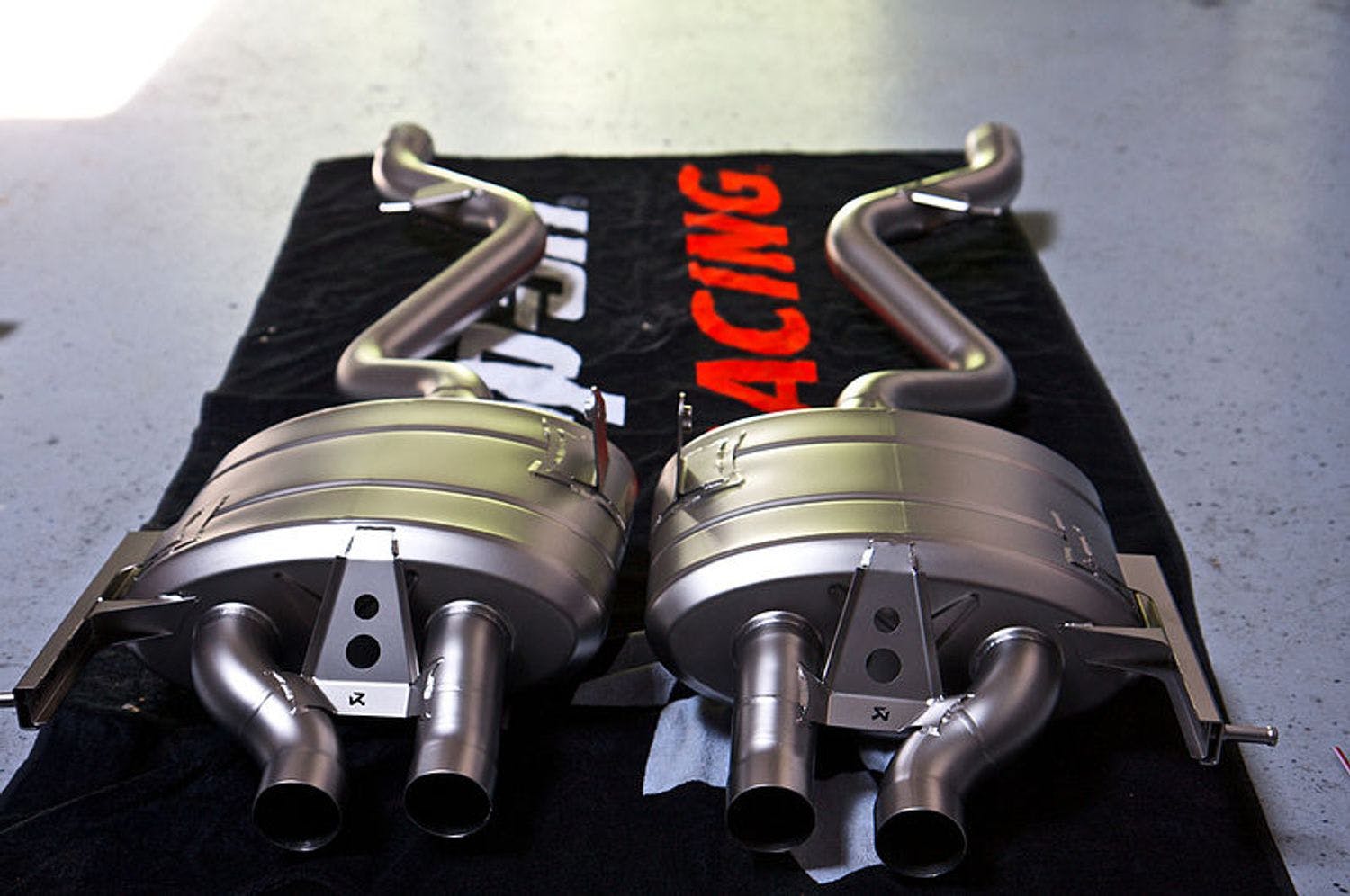
Car Losing Power: Why does the engine lose power over time?
The second symptom is overheating of the engine and significant loss of power. If you do not stop even after these symptoms, there is a risk of a complete seizure of the engine.
Seized engine due to lack of coolant
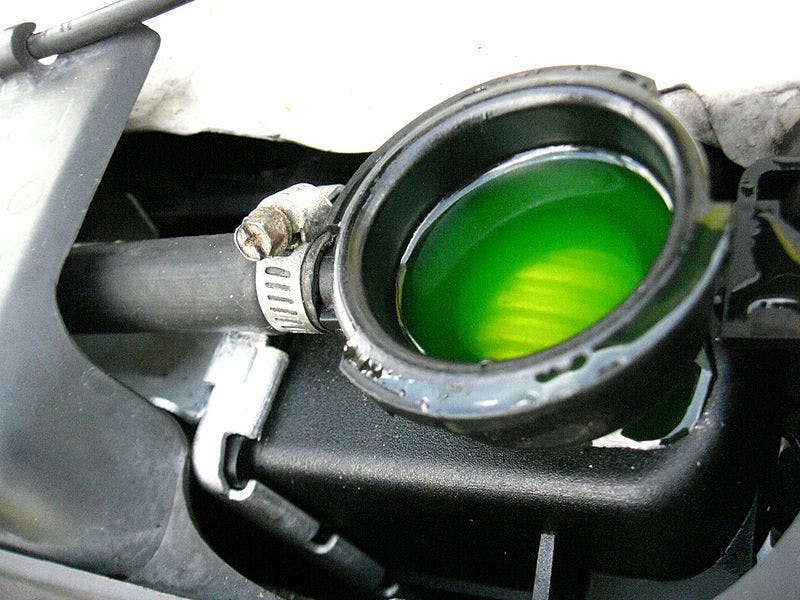
A seized engine may not occur only in the case of a lack of engine oil. A lack of coolant can be another cause of an engine seizure. If the coolant liquid is low, the engine temperature rises, causing the engine oil to start to carbonate.
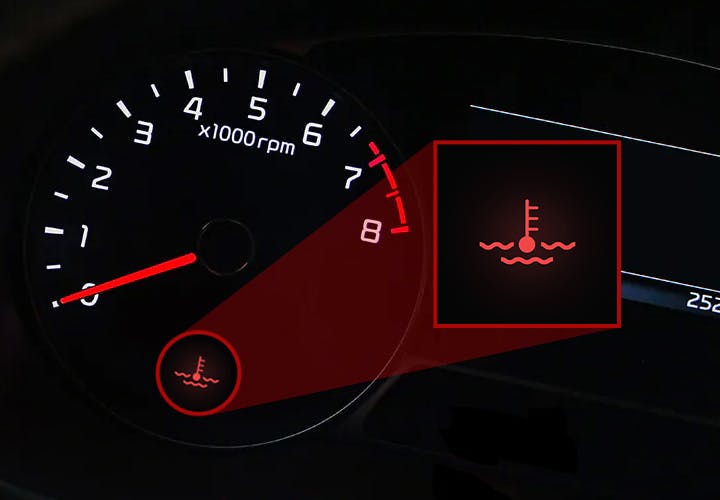
Red Engine Coolant Light: Stop your car now! 🚨
Carbon can clog the lubrication channels, causing the engine's moving parts to no longer be lubricated. I probably don't need to mention again what will follow next. All the consequences of the engine seizing are fatal, and their removal is costly.
Conclusion
Unfortunately, there are no warning lights on some old cars to alert you to a lack of engine oil or coolant, so you only have to check the condition of these operating fluids regularly.
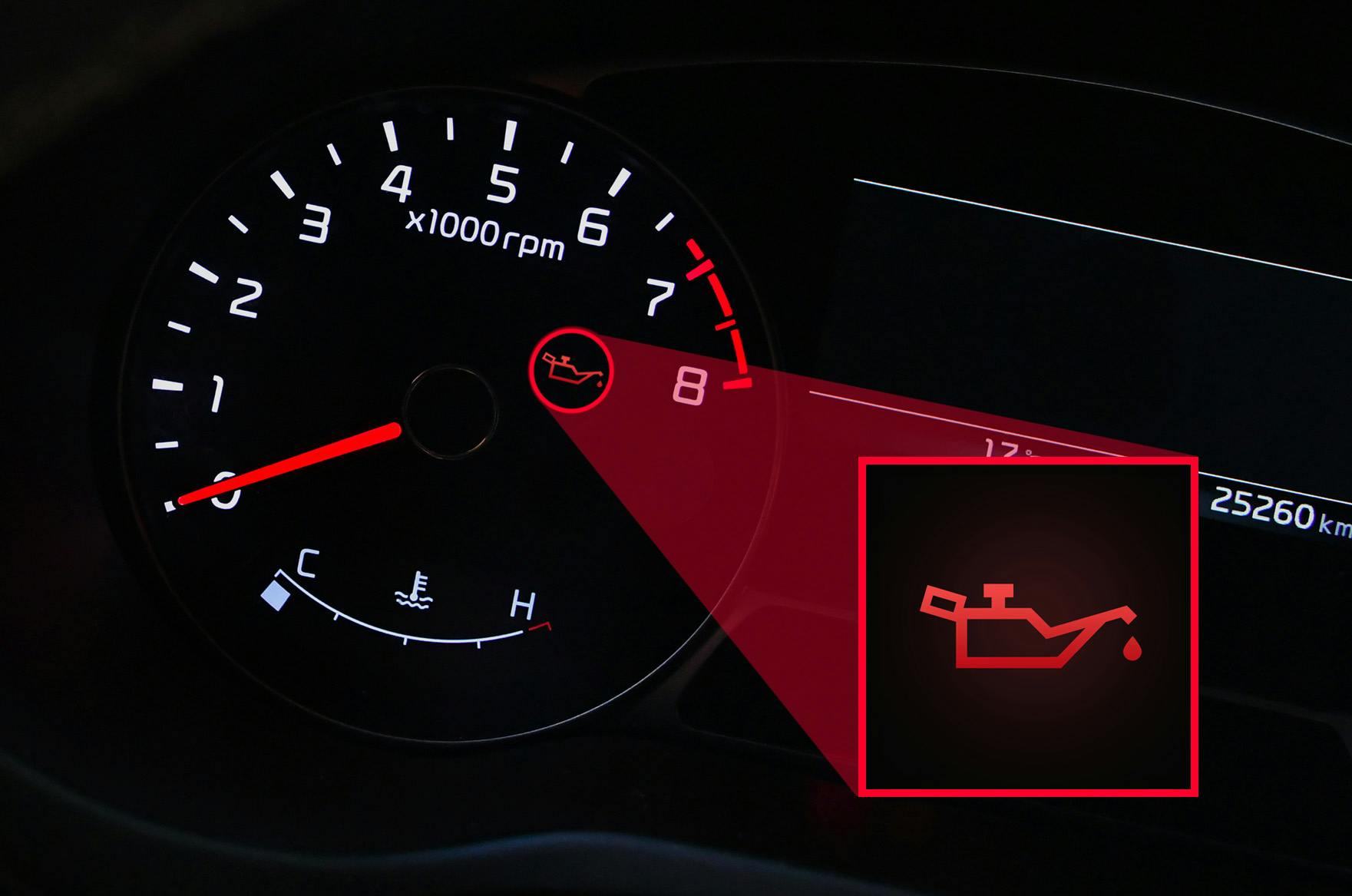
Oil warning light: What problem does it indicate?
With more modern engines, fortunately, when there is a lack of engine oil or coolant, the corresponding warning light will light up.